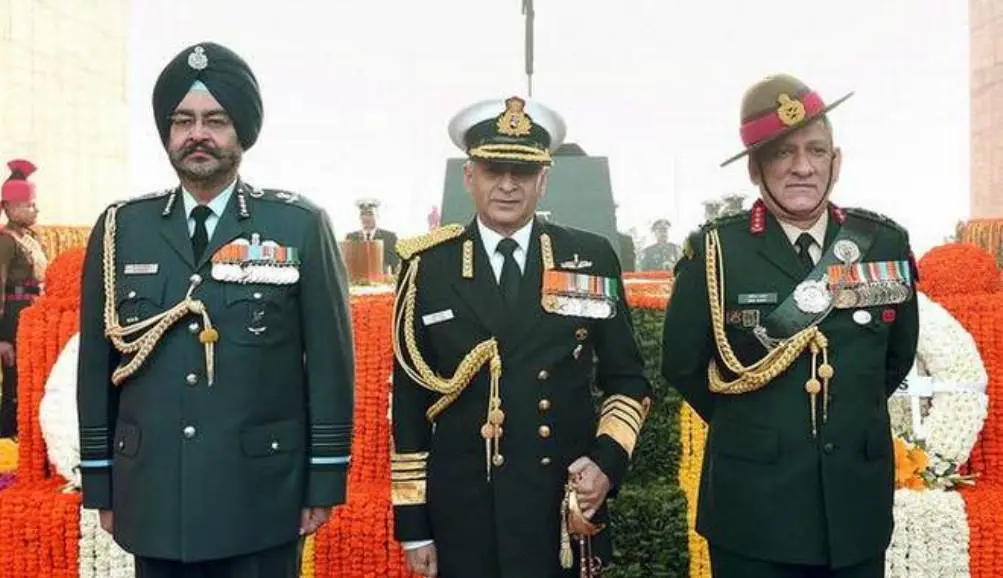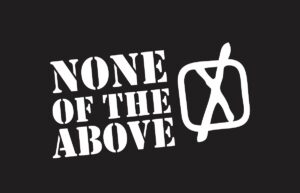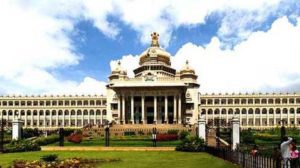Current Structure in India of Chief of Staff Committee (CoSC)
- The Chief of Staff Committee (CoSC) consists of Army, Navy and Air Force chiefs.
- It is headed by the senior-most of the three chiefs in rotation till the he retires.
- It is a platform where the three service chiefs discuss important military issues.
The three services have agreed on the appointment of a Permanent Chairman of the Chiefs of Staff Committee (PCCoSC).
What is Permanent Chairman of the Chiefs of Staff Committee (PCCoSC) ?
- It is proposed to be headed by a four-star military officer, who will be equivalent to chiefs of army, airforce and navy.
- He would look into joint issues of the services like training of troops, acquisition of weapon systems and joint operations of the services.
- He would also be in-charge of the tri-services command at Andaman and Nicobar Islands.
- The post has also been referred to as Chief of Defence Staff.
- He will head the Chiefs of Staff Committee meetings.
- Various committees such as the Kargil Review committee led by K Subramaniam and the Naresh Chandra committee of 2011 recommended a permanent chairman.
Arguments in favour of Permanent Chairman of the Chiefs of Staff Committee (PCCoSC)
- Better Coordination: It will improve jointness in military command by integration in projects and resource sharing. For example during 1962 and 1965, all three segments of the armed forces face difficulties in coordination.
- Unfragmented advice: The PCCoSC is envisaged as a single-point military adviser to the government.
- Better defence acquisition: It would also improve capacity of the armed forces on defence acquisition by removing time and cost overruns.
- Quick Decision-making during War: Often during war a difficult decision can only be made by a specially selected defence chief and not by a committee like the CoSC that operates on the principle of the least common denominator.
Challenges to setting up Permanent Chairman of the Chiefs of Staff Committee (PCCoSC).
- Threat to Democratic Process: It is apprehended that the Defence Services will become too powerful and subvert civilian control over the military with possibilities of a military coup.
- • Status Quo: The present arrangement of Chief of Staff Committee (CoSC) has served us well over the years and hence there is resistance against “unnecessary change”.
Resistance within the armed forces
- There is said to be inhibition amongst Service Chiefs over the years that their position would get undermined if the CDS were to be appointed.
- The feeling among the smaller Services, particularly the Air Force, of Army dominance in defence policy formulation. Some fear that a CDS may lead to a situation like the one that prevailed before 1947, when the Army was the dominant Service.
Resistance within Bureaucracy
- There is said to opposition by the civilian bureaucracy as their control over the higher defence set up would be diminished.
- Ceremonial Post: There is also a concern that the post may become a ceremonial post without any clear cut roles and responsibilities.




